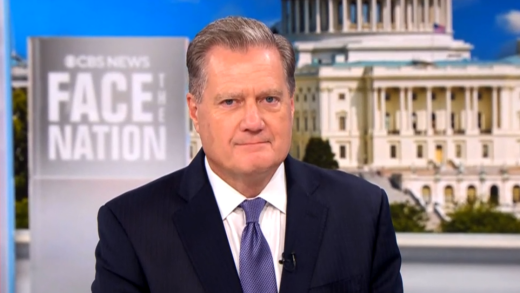New Brunswick is making moves to increase the number of Francophone doctors who attend medical school and complete their medical residencies in the province.
The hope is that by training the doctors in New Brunswick, it will entice them to stay — even as other provinces compete for their services.
Health Minister John Dornan — a doctor who specialized in endocrinology, the ICU and internal medicine — says he moved to the province after graduation 37 years ago and met his wife here.
“People at that age meet people, get married, it’s a very important recruitment tool to put people in a town where they can meet people, friends in the town. It’s very important,” he said.

Get weekly health news
Receive the latest medical news and health information delivered to you every Sunday.
Dornan announced the addition of eight more seats for Francophone medical students studying at the Université de Moncton campus in fall of 2026. The province is also adding eight more medical residency seats, which is a mandatory training period for medical students where they receive practical experience under supervision.
“The eight new seats will be spread among family medicine, specialty teams,” said Dornan.
“That’s the great thing about New Brunswick we’re also expanding our ability to train not just family doctors but other medical specialties.”
Medical student, Cynthia Leger, 23, is hoping to practice family medicine in Moncton one day. While Francophone medical school graduates can practice in English if they choose, she says it’s important to serve her community in French.
“I did grow up in Dieppe speaking English and French, and I did some rotations in both languages as well, but I would like to work with Vitalité (Health Network),” she said.
“Just growing up as a linguistic minority in New Brunswick, it’s important for me to continue in French.”
In total, the province is providing $77 million in funding for the medical seats. They have also committed $1.8 million in 2025-26 and $3.6 million per year in subsequent years to prepare for the eight postgraduate residency training seats, which will be in place by 2030.
Combined with the Anglophone medical school program based in Saint John, the province’s total number of med school seats will grow to 80.
The total number of residency seats will increase to 61. The government also funds 38 residency training program seats in other provinces.
© 2025 Global News, a division of Corus Entertainment Inc.





